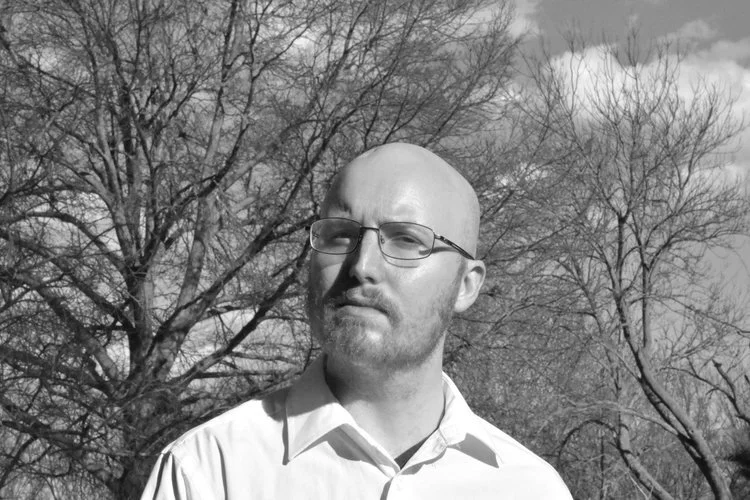Catechesis: a postpastoral by Lindsay Lusby, Reviewed by Editor Cameron Morse
Nearly a century since Ezra Pound told us to make it new, Lindsay Lusby’s “making it new again” with her hybrid, 2019 Agha Shahid Ali Prize in Poetry winning poetry collection Catechesis: a postpastoral. It’s that “post” that first alerts us to the postmodern nature of the book. Without recourse to metanarratives, Lusby fashions her own framework from unexpected materials. Her subjects are girlhood, predation, and abuse; her materials, the natural sciences, fairytales, and the movies.
Each of the book’s two main sections alternate between lyric poems and poem collages, patchworks of text and image mined from historical, real-world resources like The Compleat Farmer, Gray’s Anatomy (1901 Edition) and The MacMillan Wild Flower Book. Lusby themes the first of these sections after the movie Silence of the Lambs and the second after Ridley Scott’s Alien. The effect of splicing fantasy and reality in this way is a kind of ontological collapse into a field of play where alien superpredators are just as real, or fanciful, as field mice.
One example of the interaction between these disparate media follows from the poem collage reproduced here. The lambs pictured in the collage foreshadow the following lyric poem, “Have the lambs stopped screaming,” whose title is, like all the poem titles in the “Lamb of Law” section, a direct quote from Silence of the Lambs. Its content, too, splices the movie, its cannibalism, with the naturalistic, “pastoral” current that runs throughout Catechesis:
Already,
she is hanging inside him
from a meat hook
a field-dressed tenderfoot
swinging by her ankles
Still more to say about structure, though, as the book’s two main sections are bread-bracketed by the “Women of Apocalypse” fairytale or “wonder tale” subsections in the triple-decker steak sandwich that is Catechesis. In these, woman is conceptualized in different ways, so it’s perfect that she “prefers to imagine herself / a bird” in the first “Women of Apocalypse” subsection, preceding agent Starling, but gets cloven feet in the first poem of the second and becomes a lamb. In this way, the poem collage does double service both to set up the last poem in “Lamb of Law” and to set up the conceit of the second “Woman of Apocalypse” subsection.
The argument Lusby seems to be making here is twofold: First, and less importantly, it’s simply not enough for the poet anymore to excel at the level of the line as Lusby does so beautifully, evoking scenes from Alien in: “You still don’t understand what you’re dealing with, do you?” with
Inside its mouth,
another mouth:
a fearful symmetry that rips
through every soft-bellied thing
like worms through wet earth.
No, she also has to invent a framework of her own sort of personal tradition to boot. The lines belong to poems and poems to sections and sections to some organic whole that kaleidoscopes outward in this same kind of fearful symmetry as the Tyger, the Leviathan, in Alien.
Second, one can’t approach the subjects of girlhood, predation, and abuse in traditional ways because the tradition is patriarchal. Instead, a structure like this one has to be made from scratch. “Like it or not,” Lusby seems to be saying, “these are the materials I’ve chosen. This is the framework I’ve fashioned.”
Cameron Morse
Cameron Morse received his MFA at the University of Missouri—Kansas City. His work has appeared in such journals as New Letters, Bridge Eight, Portland Review, and South Dakota Review. His first collection, Fall Risk, won Glass Lyre Press’s 2018 Best Book Award. His second, Father Me Again, is available from Spartan Press and third, Coming Home with Cancer, belongs to Blue Lyra Press’s Delphi Poetry Series. He lives with his wife Lili and son Theodore in Blue Springs, Missouri, where he manages Inklings’ FOURTH FRIDAYS READING SERIES with Eve Brackenbury.
https://cameronmorsepoems.wordpress.com/




